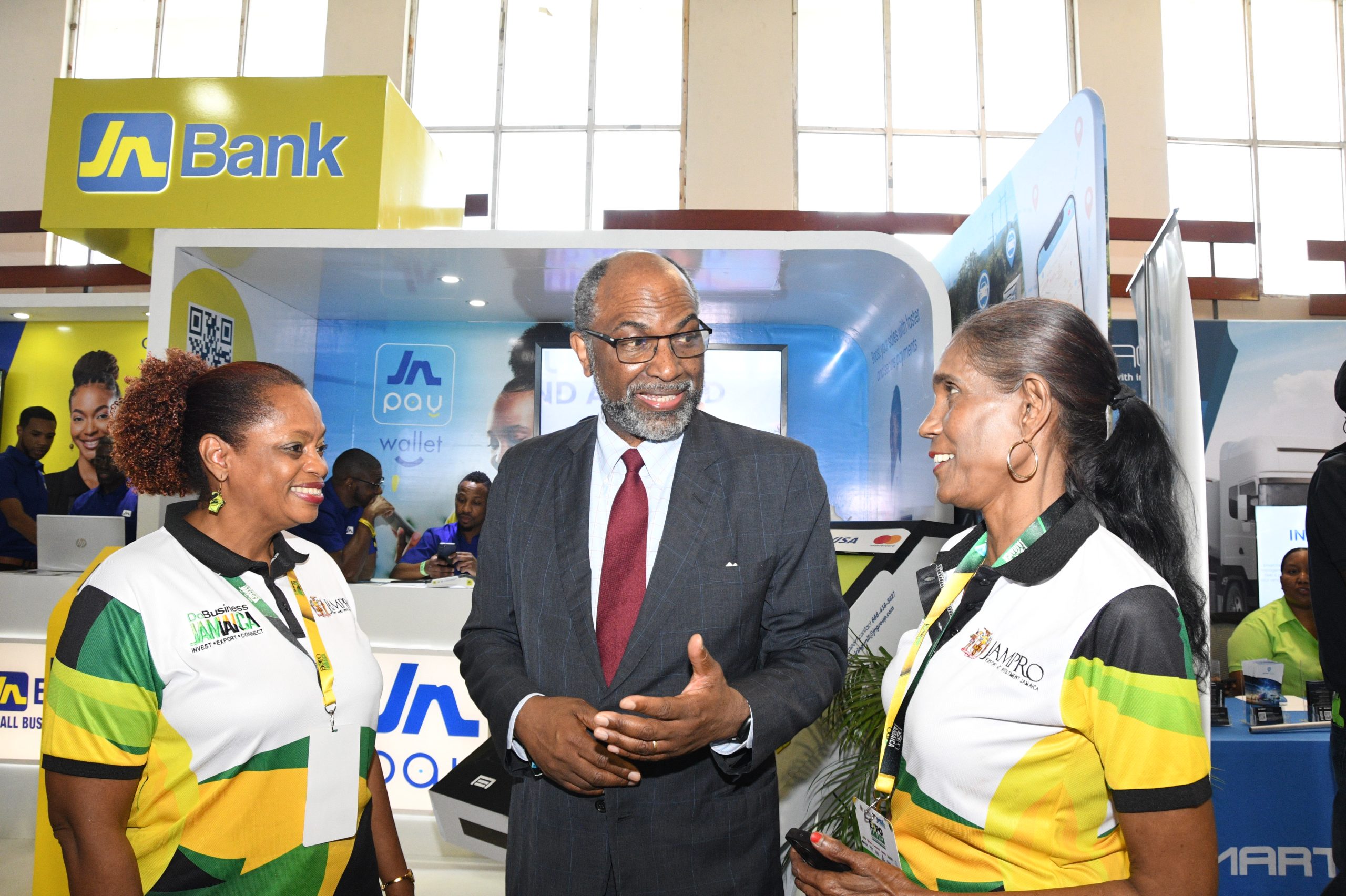This website uses cookies so that we can provide you with the best user experience possible. Cookie information is stored in your browser and performs functions such as recognising you when you return to our website and helping our team to understand which sections of the website you find most interesting and useful.

Three Places to Keep Your Emergency Fund
Most personal financial experts will tell you that building an emergency fund is one of the first steps toward financial independence. However, the question that most persons often ask is where should I keep this money?
Rose Miller, grants manager at the JN Foundation, advised that persons should keep their emergency fund separate from their regular chequing and savings accounts, earmarked for crisis situations only.
First, she pointed out that a financial emergency could include a variety of situations, such as job loss, a pay cut, medical bills, car or home repairs.
“If any of those unfortunate situations occur, your emergency fund will provide you with a welcomed financial cushion and several months’ support, while you organise to get your finances back on track,” she said.
Mrs Miller, who also heads the JN Foundation’s BeWi$e financial empowerment programme, recommends that persons build up their emergency fund, to cushion at least three to six months of their normal living expenses.
“Therefore, with thousands of dollars in play, you’ll want to ensure that you keep your emergency fund in a safe place and that, you’re earning a return on your cash reserves. However, since you will need to access this cash on short notice, as you need it, then you should make a wise decision about where you will keep your emergency fund,” she advised.
When deciding where to keep your emergency fund, persons may consider any of these three different types of accounts, which offer easy access and benefits:
- High-yield Bank Accounts
Mrs Miller stated that a high-yield savings account may be the best place to keep your emergency fund. It will be easily accessible from this type of account and you will also earn more interest on your deposits than you would on a regular savings account.
“To find the right high-yield savings account for your emergency fund, look for options with a competitive interest rate and low to zero monthly fees,” she said.
- Money Market or Investment Accounts
Money market accounts are another option, Mrs Miller advised. “Money market accounts are similar to savings accounts; however, they usually offer higher yields. You can open a money market account at a local bank, and then access your money through a web-based account management or at an ATM,” she explained.
“Since money market accounts are easy to use and your funds can be withdrawn at any time, they can be a good option for your emergency savings,” Mrs Miller said.
However, she cautioned that, one should be mindful of money market fees, as they could chip away at your returns. “Therefore, as with any other account, it pays to shop around and compare fees and features, prior to selecting where to keep your emergency fund, she advised.
- Certificates of Deposit (CDs)
Certificates of Deposit, or CDs, offer a fixed rate of return for a specific period of time. Since your rate of return is guaranteed, opening a CD could be one way to earn extra interest on your emergency fund.
However, CDs “tie up your money for a specific period of time, where it’s somewhat out of reach; hence, you may have to pay a penalty to close your CD account earlier than was agreed, to access your funds. To combat this, many people opt to “ladder” their CDs, a term that describes opening multiple CDs with different maturity dates, so that a certain amount of cash is more readily available. This strategy also hedge or smooth-out the effect of interest rate fluctuations.
The BeWi$e manager explained that there are advantages and disadvantages to each option. She further noted that a wise move would be for persons to put their emergency fund in a combination of all of these accounts.
“Your emergency fund is there to protect you and your family from financial stress caused by unexpected expenses. But, while you’re not using it, your money needs a safe place to grow,” she said.
“Stashed away in a high-yield savings account, certificate of deposit (CD), or money market account, your emergency fund will continue to grow until the day you need to access it,” she affirmed.
Check out more stories like this

JN Group CEO Commends Expo Jamaica 2025 for Fuelling Business Connections
Earl Jarrett, chief executive officer of The Jamaica National Group,...

‘We Are Taking the Wrong Approach to Owning Real Estate’
Expert Realtor Shares Crucial Advice for First-time Buyers Considering continued...

Knowledge, Adaptability Important in Era of AI – Tech Experts
In an era of rapidly advancing Artificial Intelligence (AI), organizations...
